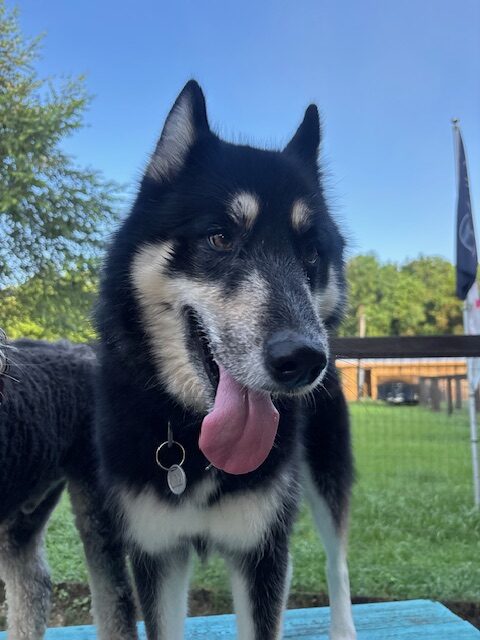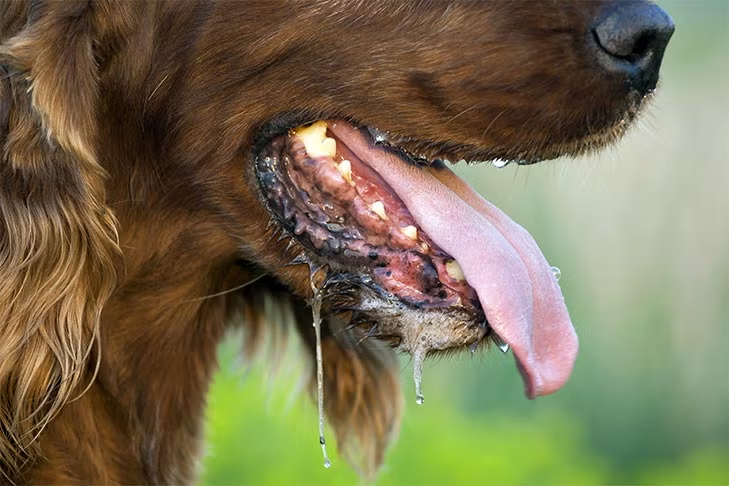Feeding your dog a balanced, nutritious diet is one of the most important ways to ensure they live a long, healthy, and happy life. Good nutrition supports everything from their energy levels and coat condition to immune function and overall wellbeing. But with so many food options and advice out there, it can sometimes feel overwhelming to know what’s truly best for your furry friend.
Understanding Your Dog’s Nutritional Needs
Dogs require a mix of proteins, fats, carbohydrates, vitamins, and minerals to thrive. Each nutrient plays a unique role. Protein is essential for muscle development and repair, fats provide energy and support healthy skin, and carbohydrates give quick fuel for activity. Vitamins and minerals help regulate body functions, from bone growth to immune defense.
The exact nutritional needs depend on your dog’s age, breed, size, and activity level. Puppies, for example, need more calories and protein to support growth, while older dogs may require fewer calories but supplements to maintain joint health. Active working or sporting dogs burn more energy and need higher-quality nutrients to sustain their stamina.
Choosing the Right Type of Food
There are several types of dog food available, including dry kibble, canned wet food, raw diets, and homemade meals. Each has pros and cons:
-
Dry kibble is convenient, affordable, and helps keep teeth clean.
-
Wet food is often more palatable and hydrating but can be pricier.
-
Raw diets focus on fresh meats and vegetables but require careful preparation to avoid bacterial risks.
-
Homemade meals allow complete control over ingredients but should be formulated with veterinary guidance to avoid nutritional gaps.
Look for dog foods that meet standards set by organizations like the Association of American Feed Control Officials (AAFCO), which ensures the product provides complete and balanced nutrition.
Avoiding Harmful Ingredients
Not all ingredients in dog food are beneficial. Some contain fillers, artificial additives, and low-quality by-products that can do more harm than good. Watch out for foods with excessive corn, wheat, or soy, which some dogs find hard to digest or may cause allergies. Artificial colors, flavors, and preservatives can also irritate sensitive digestive systems.
Additionally, certain human foods are toxic to dogs, including chocolate, grapes, onions, and xylitol (a sweetener found in gum and candy). Always check with your veterinarian before introducing new foods or treats.
The Role of Treats and Supplements
Treats are a great way to reward good behavior, but they should not make up more than 10% of your dog’s daily calories. Overfeeding treats can lead to weight gain and nutritional imbalances. Choose healthy treat options, such as small pieces of cooked chicken or specially formulated dental chews.
Supplements may be beneficial in some cases, especially for older dogs or those with specific health issues. Omega-3 fatty acids support skin and coat health, glucosamine aids joints, and probiotics help digestion. However, always consult your vet before starting supplements to ensure safety and necessity.
Hydration Matters
Water is a crucial but often overlooked part of nutrition. Dogs need constant access to clean, fresh water to stay hydrated, especially in hot climates or after exercise. Dehydration can lead to serious health problems, including kidney issues and heatstroke.
Signs Your Dog’s Diet May Need Improvement
Pay attention to your dog’s coat, energy, digestion, and weight as indicators of nutrition quality. A dull coat, lethargy, frequent digestive upset, or unexplained weight changes may signal dietary problems. Regular veterinary checkups are key to monitoring overall health and making adjustments as needed.
Final Thoughts
Proper nutrition is a foundation for your dog’s health, happiness, and longevity. Taking the time to understand their unique needs, choosing quality food, and maintaining healthy feeding habits will give your furry friend the best chance at a vibrant life. Remember, when in doubt, consulting your veterinarian is always the best step to ensure your dog’s diet is on the right track.







